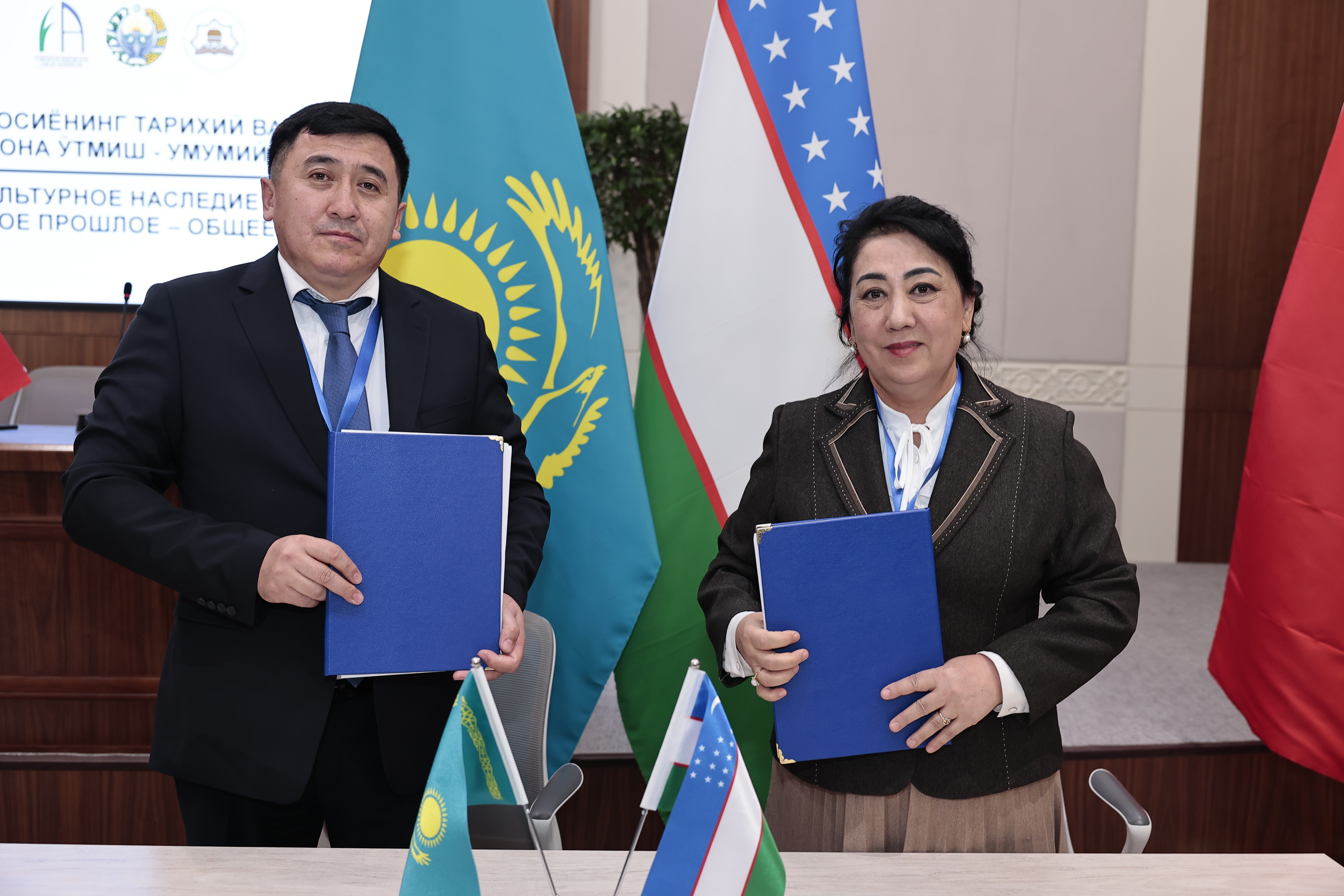Shared past, common future: the historic forum in Tashkent opened a new path for the region
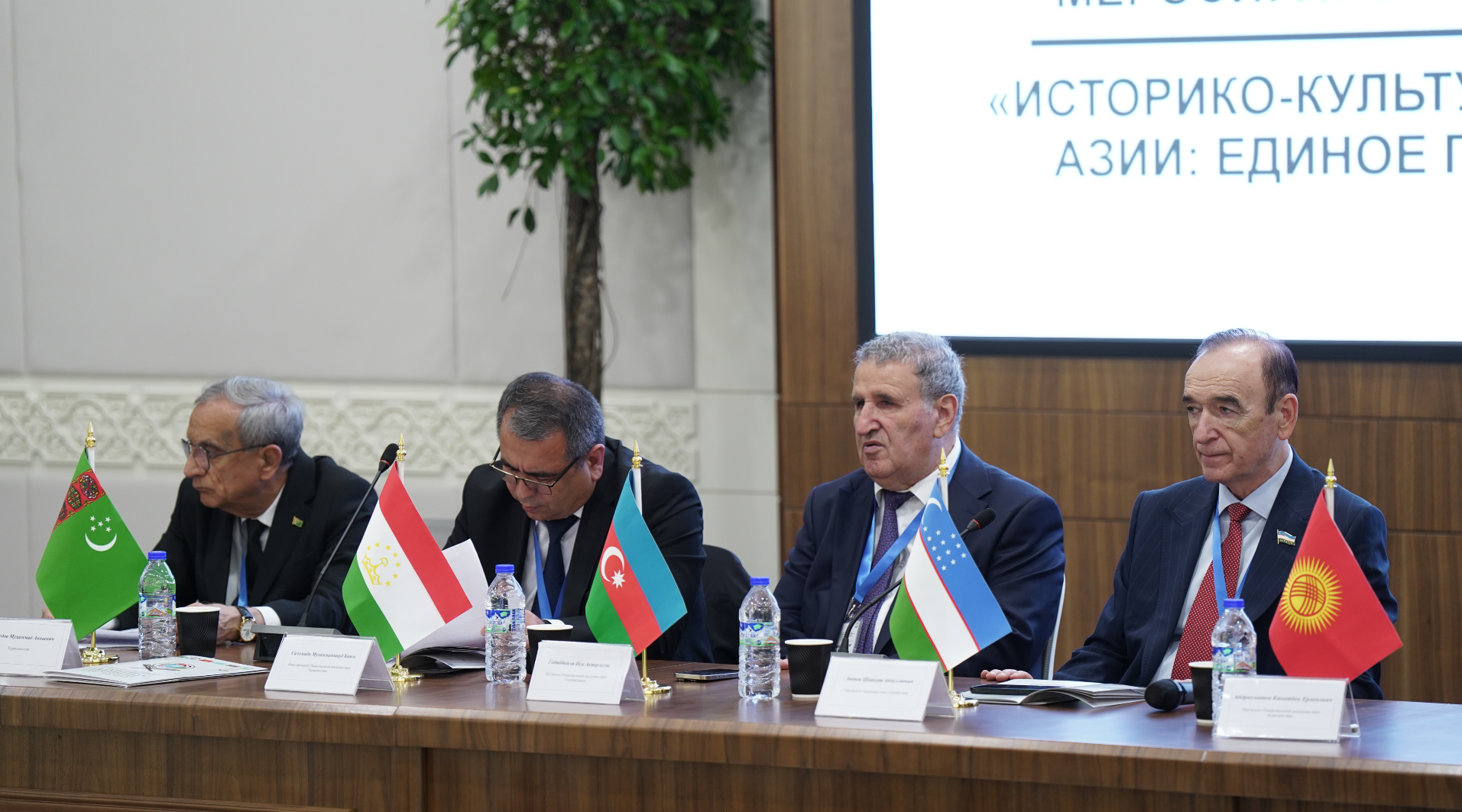
The Second Forum of Historians of the Central Asian States on the theme “Historical and cultural heritage of central Asia: shared past – common future” was held at the Islamic Civilization Center in Uzbekistan. The event was organized within the framework of the international congress “Central Asia: common spiritual and educational heritage – common future”.
This year’s forum marked a new stage in historical analysis, scientific cooperation, and the determination of common conceptual directions among Central Asian countries. The conference was attended by representatives and leading scholars from the academies of sciences and historical institutes of Uzbekistan, Kazakhstan, Kyrgyzstan, Tajikistan, Turkmenistan, and Azerbaijan. At the plenary session moderated by the President of the Academy of Sciences of Uzbekistan, Shavkat Ayupov, speeches were delivered by the President of the National Academy of Sciences of Azerbaijan, Isa Habibbeyli, the President of the National Academy of Sciences of Kyrgyzstan, Kanatbek Abdrakhmatov, the Vice President of the Academy of Sciences of Tajikistan, Muhammad Davud Qayum Salomiyon, as well as delegates from Kazakhstan and Turkmenistan. They emphasized the unifying factors of the common roots and historical heritage of the peoples of Central Asia.
Academician of the National Academy of Sciences of Kazakhstan, Ayagan Burkitbay, assessed this forum as a historic event in regional scientific cooperation:
“No such large-scale forum of Turkic peoples or Central Asian states has been held before. Today, the fact that our peoples can jointly discuss common problems is a great achievement,” the scholar said.
Within the framework of the forum, joint resolutions and issues of strengthening the institutional foundations of scientific, cultural, and humanitarian cooperation were discussed. The forum consisted of a plenary session and two sectional meetings. The first section “Material culture and spiritual heritage of central Asia” was devoted to archaeology, architectural monuments, Islamic-era culture, and scientific traditions uniting the peoples. The second section “History of Central Asia: from the past to modernity” held discussions on the role of Silk Road civilization, the Jadid movement, the study of historical sources, and the integration of science and education.
Doctor of Historical Sciences, Professor Farhod Maqsudov emphasized that the historians’ forum is part of the common civilizational process of Central Asia, stating:
“The forum creates opportunities to strengthen regional cooperation and study our shared history based on new scientific approaches. The views of President Shavkat Mirziyoyev in this regard also confirm this — our peoples share a common history and culture, and based on this, we must strengthen integration.”
Within the framework of the forum, a Memorandum of Understanding was signed between the Islamic Civilization Center in Uzbekistan under the Cabinet of Ministers of the Republic of Uzbekistan and the National Museum Center of the Republic of Kazakhstan.
In addition, new initiatives were outlined for joint research, archaeological expeditions, and the digitization of historical sources. The Second Forum of Historians of the Central Asian States once again demonstrated that the region’s scientific potential, cultural closeness, and shared historical processes form a solid basis for stable cooperation.
Most read
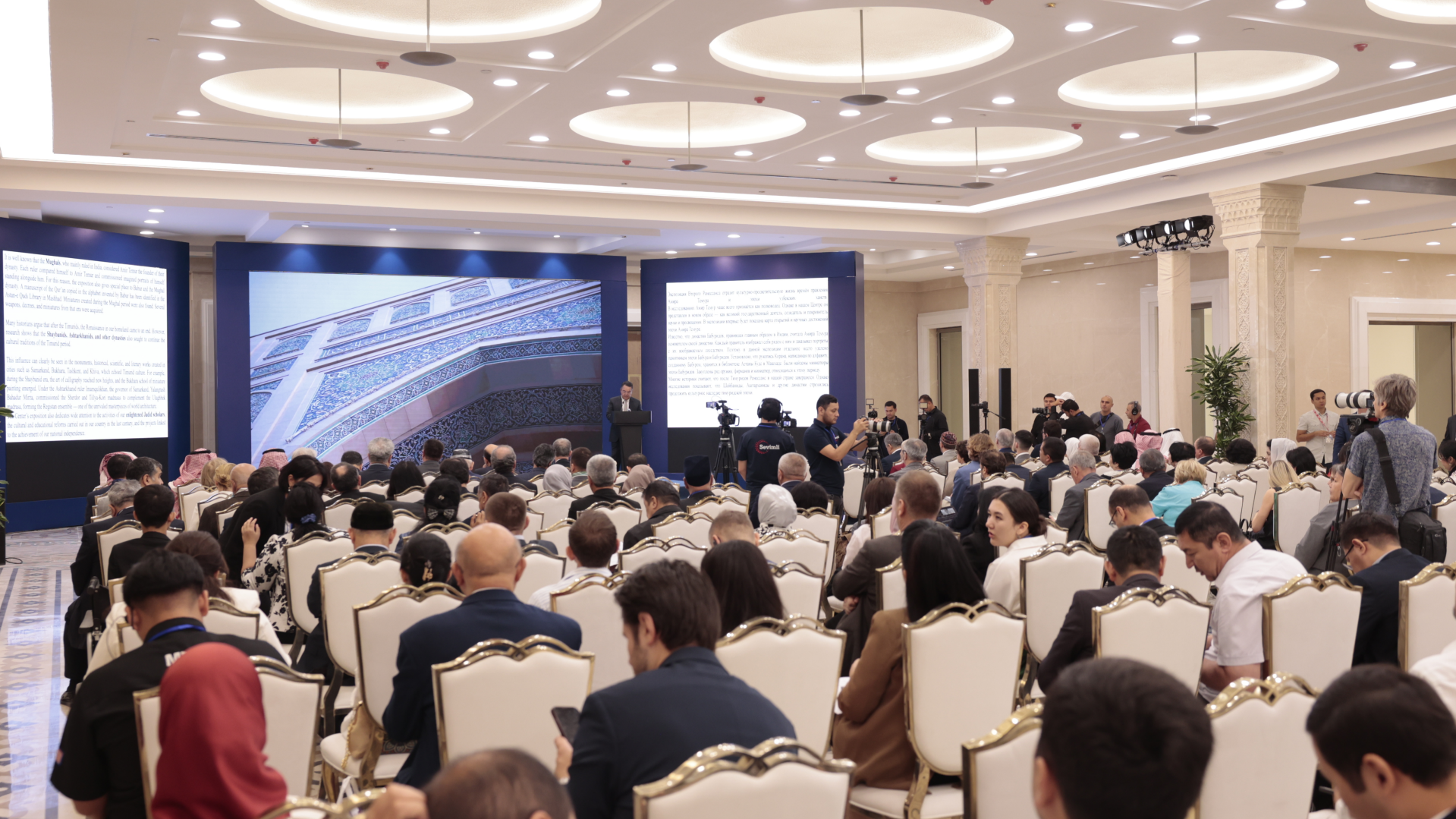
Over 100 experts from more than 20 countries of the world are in Tashkent!
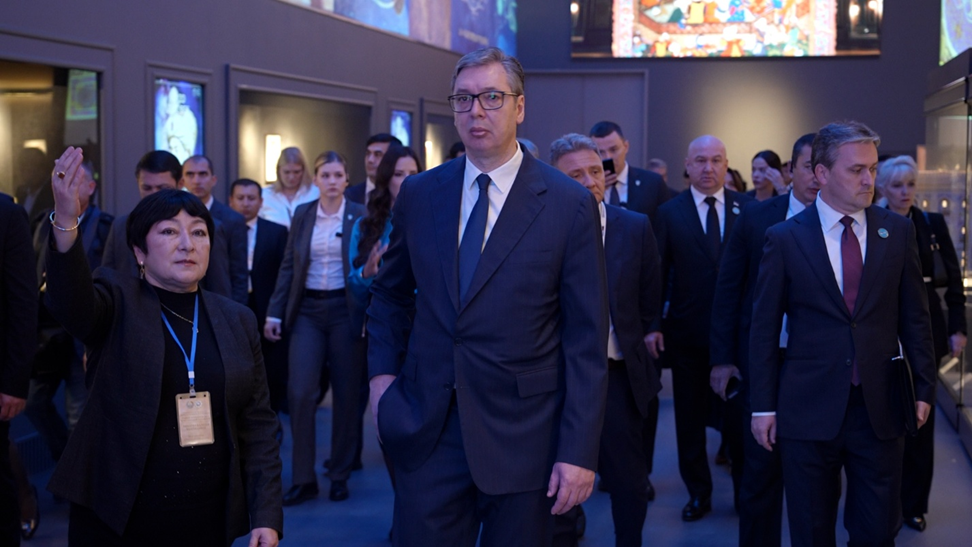
President of Serbia Aleksandar Vučić visited the Islamic Civilization Center in Uzbekistan
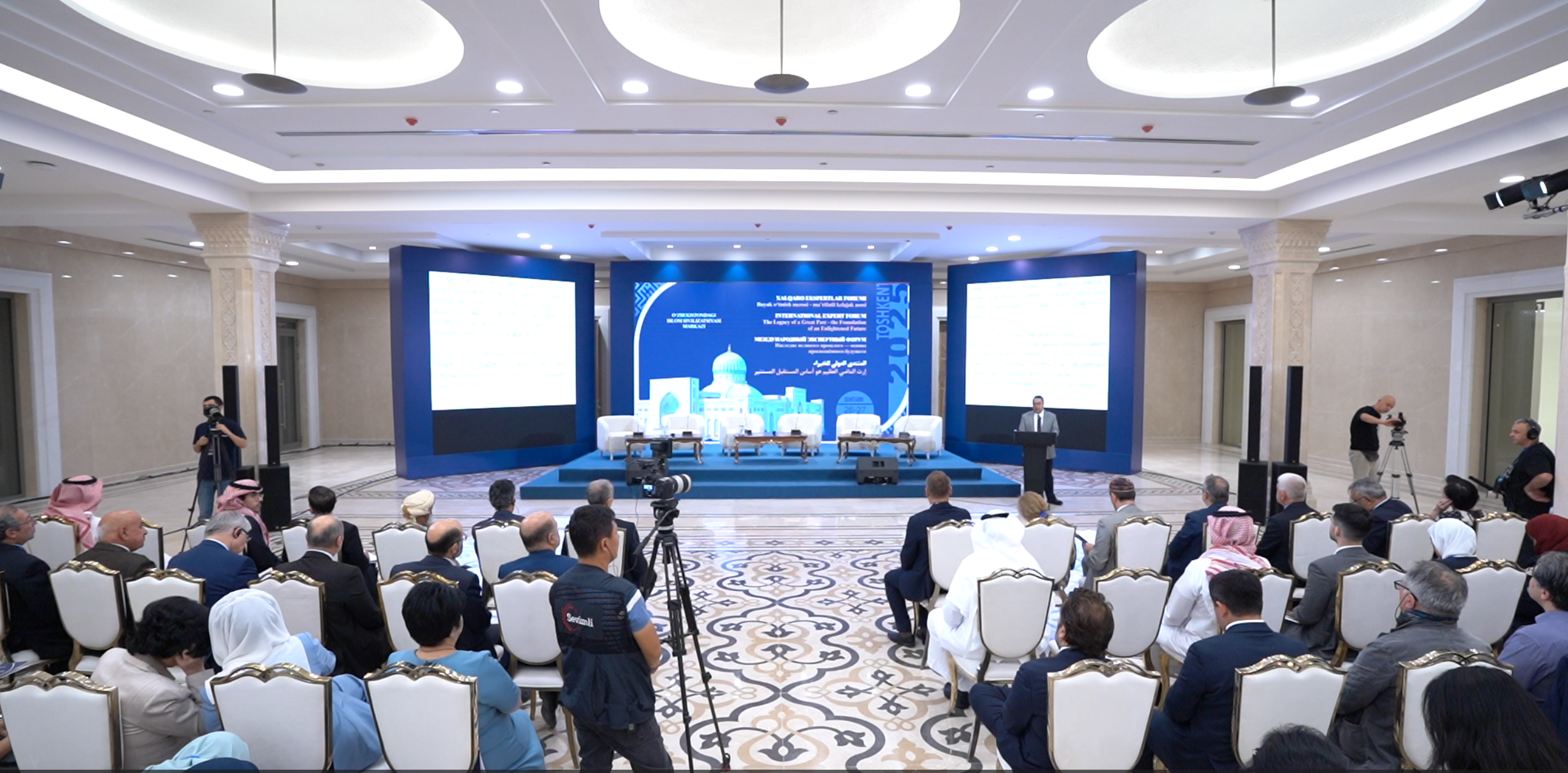
The Center for Islamic Civilization – a global platform leading towards enlightenment













